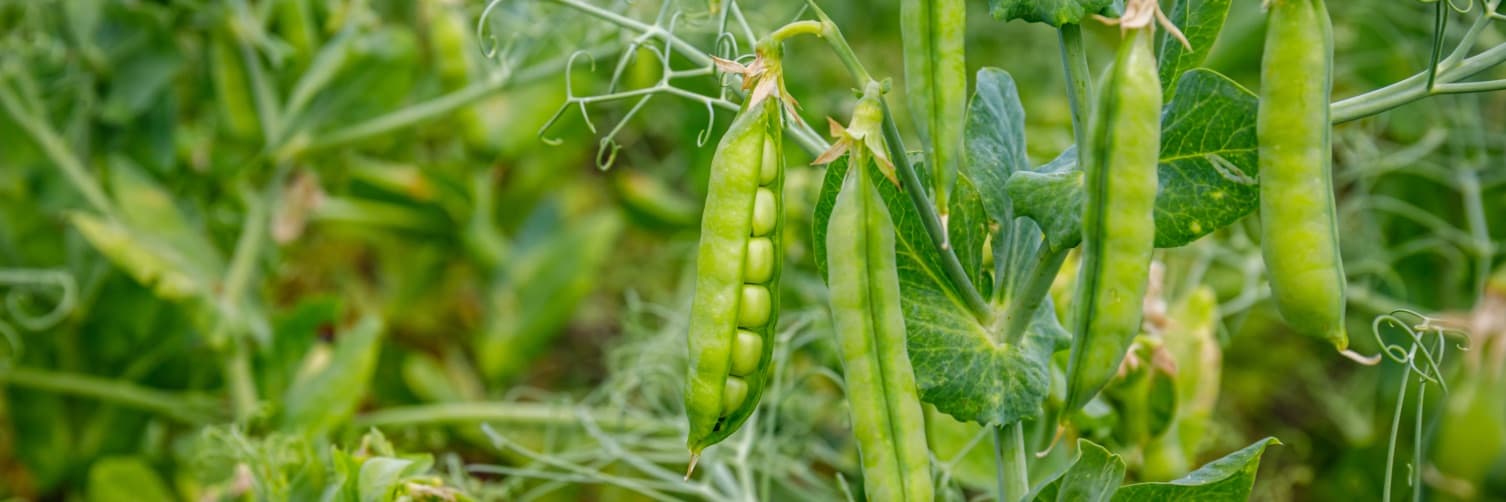Our hundreds of growing guides are each reviewed by RHS Master Horticulturists.
Our contributors include RHS Gold Medallists, estate gardeners, society members and more!
A vegetable is simply any edible part of a plant that we commonly eat. Colloquially, we consider vegetables as parts of plants that we eat as part of a savoury meal, while we think of fruits as being largely sweeter.
Some culinary items that are commonly thought of as vegetables are actually, botanically speaking, fruit. Tomatoes, peppers, aubergines, corn, cucumber, squash, courgette and pumpkins are some common examples.
If you think about vegetables, a range of common annual and biennial plants are likely to spring to mind, but there are perennial vegetables too.
Starting a vegetable garden is often the pathway into growing your own food, which can be an extremely rewarding and satisfying thing to do.
Asparagus / Beetroot / Broad Beans / Broccoli / Brussels Sprouts / Cabbage / Carrots / Celery / Chard / Cucamelon / Desiree Potato / French Beans / Garlic / Garden Peas / Kale / Leeks / Lettuce / Mangetout / Onions / Parsnips / Potatoes / Radishes / Rhubarb / Rocket / Runner Beans / Shallots / Spinach / Sweetcorn / Sweet Potatoes
Then there are also all the fruits commonly thought of as vegetables, such as:
Learning how to care for vegetable plants begins with gaining a better understanding of your garden, and the conditions to be found there. Observation and interaction will help you discover how to grow vegetables in your garden in the best and most productive way.
One of the first decisions that you should make is which method(s) you would like to use.
You can grow plenty of vegetables:

Once you have decided on a method, you need to think about creating your growing area or areas.
Next, you need to prepare and plan to make sure that you can care for your vegetables and maintain fertility in your growing areas over time.
When choosing vegetable seeds, remember that companion planting can be beneficial – consider also which herbs, flowers and other plants will be useful for growing in your vegetable garden.
It can also be helpful to create a planting plan, so you can maximise yield from your vegetable garden – think about things like successional sowing and crop rotation when growing annual and biennial crops.
Try and get some basics in place – make sure you have a composting system if you do not already compost at home and consider setting up a rainwater harvesting system.